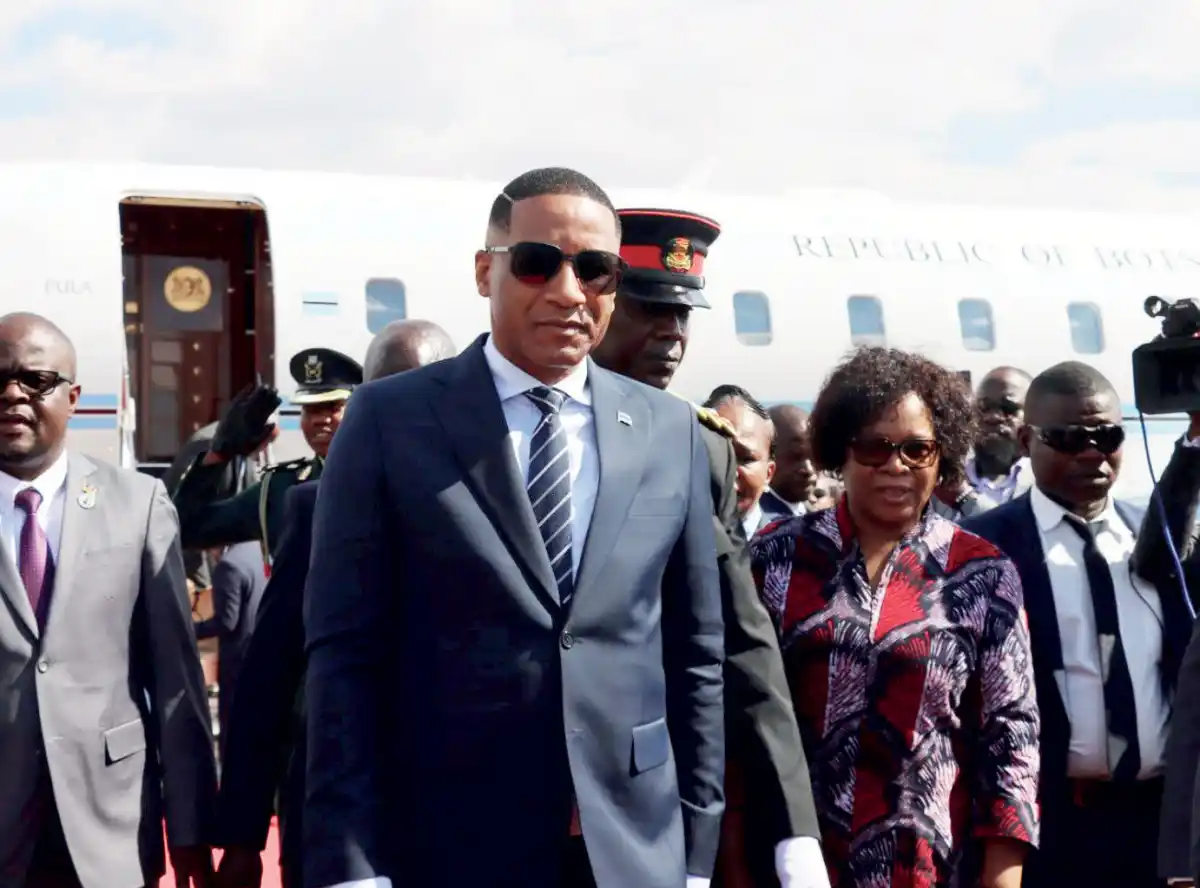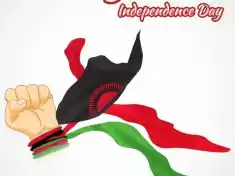South African opposition leader Julius Malema has publicly criticised the United Kingdom following the denial of his visa application, which has effectively barred him from attending a prestigious conference at the University of Cambridge scheduled for 10 May.
Malema, who leads the Economic Freedom Fighters (EFF), described the visa refusal as lacking “substantial justification” and framed it as a deliberate move to “silence a dissenting political perspective.”
In a leaked letter addressed to EFF senior official Godrich Gardee, the UK High Commissioner to South Africa, Antony Phillipson, explained that the UK Home Office was unable to process Malema’s visa application in time.
According to Phillipson, the delay was due to the necessary administrative steps involved in handling visa applications, compounded by the unfortunate timing of recent UK bank holidays.
Malema, known for his fiery rhetoric against Western powers and his calls for the nationalisation of white-owned land in South Africa, was invited to speak at the University of Cambridge’s Africa Together Conference by its African Society.
The EFF has accused the British High Commission of deliberately stalling the visa process to prevent Malema from delivering his address at the event.
In a statement posted on X (formerly Twitter), the party said the High Commission “actively delayed the processing and approval” of Malema’s visa, frustrating efforts by their leader to engage in international discourse.
The UK Home Office, when contacted by the BBC, declined to comment on individual cases, maintaining its standard confidentiality policy.
Despite the setback, Mr Phillipson expressed his regret in the letter and noted that he had taken a “personal interest in the issue” over the past week in an attempt to facilitate the process.
“I recognise that this will be deeply disappointing, especially as the delegation applied in advance and some paid for priority service,” Phillipson wrote.
He added that the Home Office had agreed to refund the application fee as a gesture of goodwill.
Malema, however, dismissed the explanation and labelled it as insincere, stating that the EFF delegation had been assured that “everything would be sorted” but instead received a “regret letter just hours before our departure.”
“This is unacceptable and spineless,” Malema wrote on his social media account, expressing his frustration over the eleventh-hour communication from British authorities.
The UK had observed a public holiday on 5 May, which may have contributed to the delays cited by the Home Office.
This incident adds to an ongoing narrative around Malema’s confrontational stance towards what he views as Western imperialism, a key theme in his political messaging at home and abroad.
It also raises questions about the UK’s commitment to free expression and political plurality, particularly when it involves critical voices from the Global South.
Observers are now waiting to see whether this diplomatic hiccup will have longer-term implications for relations between the UK and segments of South Africa’s political opposition.
The EFF, for its part, appears determined to continue amplifying its voice on global platforms, even in the face of bureaucratic and political obstacles.
As the controversy unfolds, many will be watching how the UK government responds to accusations of censorship and whether future engagements with outspoken figures like Malema will be handled differently.








0 Comments